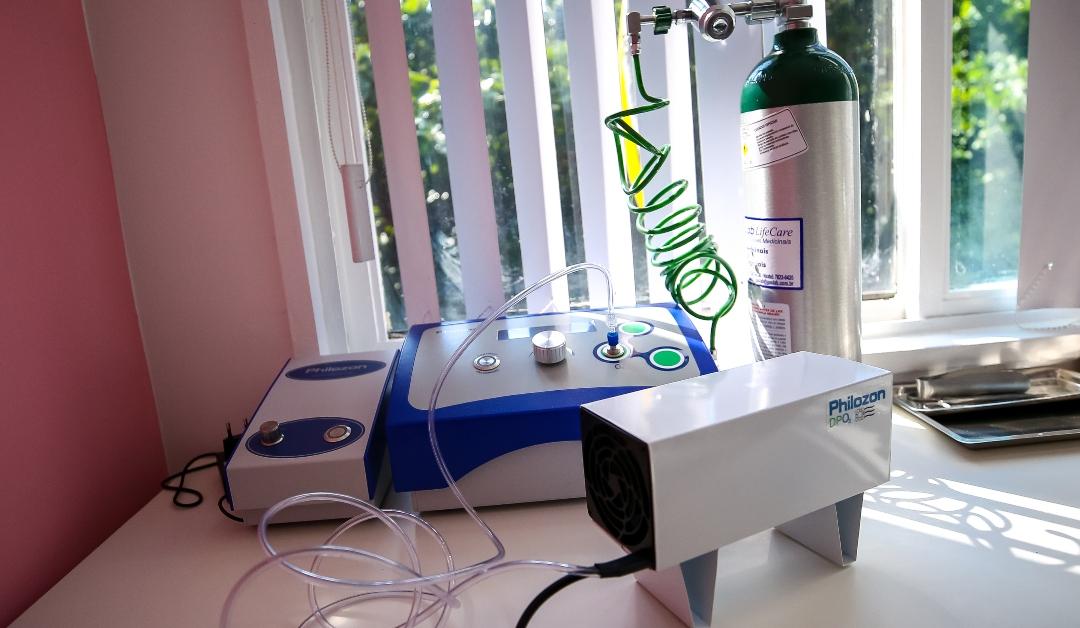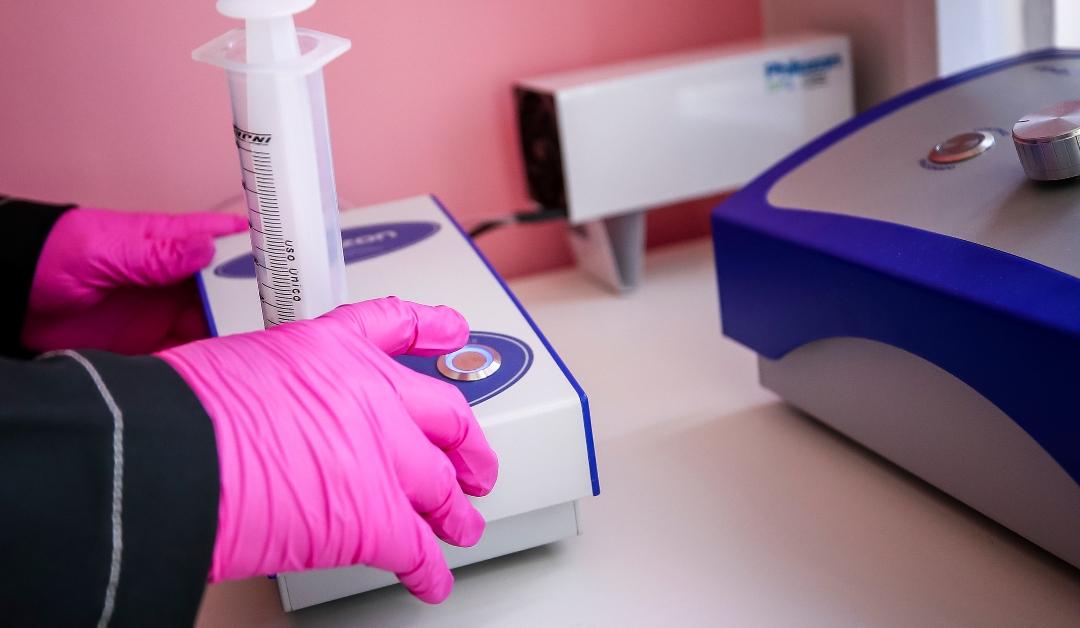Ozone Therapy Is a Controversial Alternative Medical Treatment — Is It Legal?
Published Dec. 14 2023, 3:25 p.m. ET

The Gist:
- Ozone therapy is not actually illegal in the U.S., but it’s not supported by the U.S. Food and Drug Administration (FDA).
- The treatment uses ozone gas to heal diseases or wounds.
- The gas comes from medical-grade canisters.
- Patients provide a blood sample, which doctors mix with ozone before injecting it back into their patients.
- The efficacy of this treatment is questionable, the side effects are unpredictable and supporting research is limited.
Expansive therapies make it easier for people to treat their various symptoms, but some are more questionable than others. Ozone therapy is becoming more popular, and you might ask yourself if it’s illegal or even effective. If everyone’s talking about using the essential environmental resource in their treatment plans, could the treatment really be unsafe?
Here’s everything you need to know about the unregulated treatment option. You’ll better understand if ozone therapy is something you’d like to try alongside preventive health measures like prescriptions and vaccines.
All of this being said, this article is not meant to be interpreted as medical guidance; if you are interested in ozone therapy, discuss it with your doctor to get more personalized advice.

Ozone therapy is an alternative medical treatment that allegedly increases the amount of oxygen in your body.
According to Mechanisms of Ageing and Development, ozone therapy was first used to treat people during World War I, between 1914 and 1915. The therapy was used to treat gangrene, inflammation, and other conditions on soldiers. The gas contains three oxygen atoms that can improve vascular oxygenation by creating additional red blood cells, as seen in the International Wound Journal.
Researchers are studying ozone therapy treatments for various conditions. In 2019, a study published in Virus Research found ozone therapy can reduce lung inflammation in COVID-19 patients struggling to breathe. According to the same study, it can also activate cellular immune functionality to boost the body’s ability to fight viruses.

Cell Biology International published findings where ozone therapy improved side effects for patients with multiple sclerosis. However, researchers with Environmental Technology & Innovation state the molecule’s instability makes it a risky health treatment. The unstable gas can cause unpredictable reactions, making it potentially unsafe to put in your body.
Is ozone therapy illegal?
Ozone therapy is not technically illegal in the U.S., but it is not recommended due to a lack of updated peer-reviewed research.
The U.S. Food and Drug Administration (FDA) plainly denounces ozone therapy. Additionally, U.S. Environmental Protection Agency (EPA) warns against putting ozone in your body because it’s an air pollutant.

That said, people are seeking new ways to improve their quality of life as they get more access to affordable health care. In July 2023, the White House proposed new rules to make health insurance cover more therapies for people seeking mental or physical health treatment. But considering the FDA's denouncement of ozone therapy, the White House’s rule likely will not include ozone therapy as a covered treatment option.
Is ozone therapy expensive?
It’s crucial to weigh your options when considering ozone therapy. Standard pricing isn’t available because medical and federal organizations don’t recommend these treatments and insurance doesn’t cover it. Interested people would need a specialist’s consultation to determine the total cost.